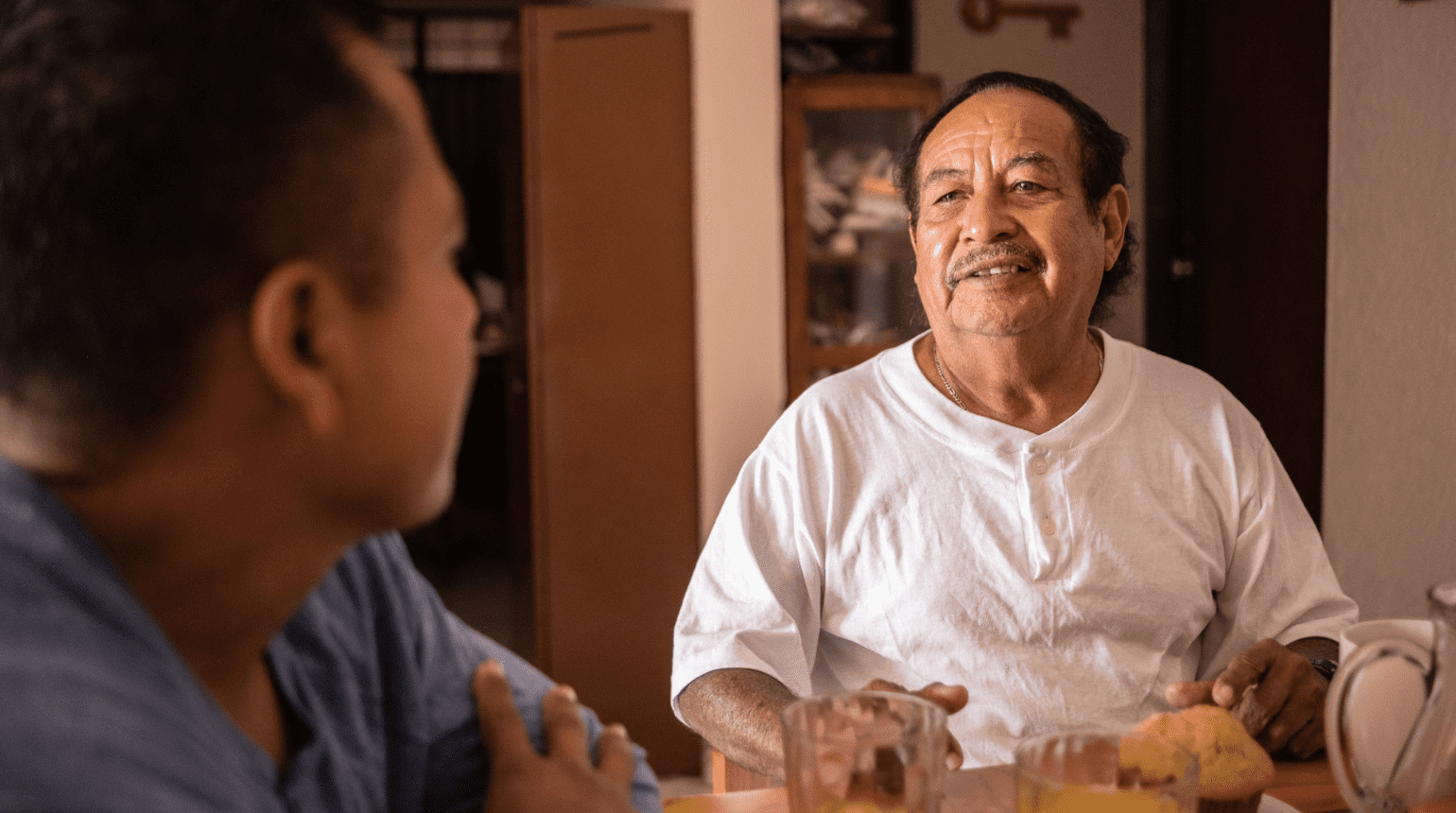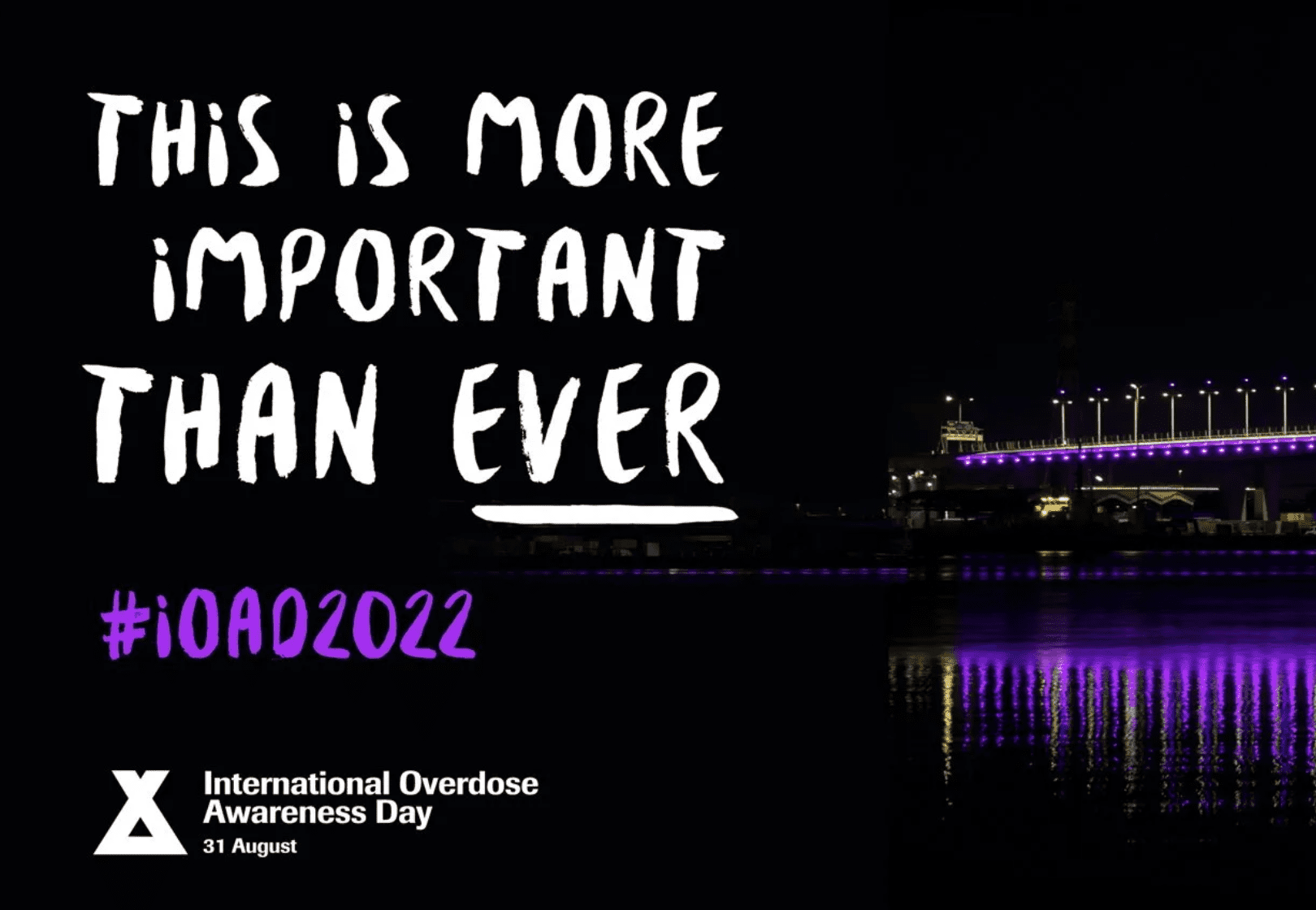Justice Services
We provide support and advocacy to people impacted by the criminal justice system, to help them successfully transition back into their community

Explore Our Justice Services

Pre-Release Supports
Pre-release supports assist incarcerated individuals as they plan and prepare to reintegrate into their community. Services include connections to resources and community supports, and guidance with meeting self-identified needs and goals. Pre-release services work to bridge the gap between the institution and community, reduce feelings of isolation, and foster positive community connections.

Community-Based Residential Facilities (CRFs)
Community-Based Residential Facilities (CRFs) provide structured, stable housing for those on conditional release from federal, provincial, and territorial institutions. Residents are connected to a comprehensive support system to enable a successful transition back into the community. Individuals at CRFs are supervised by Correctional Service of Canada.

Community Reintegration
Community Reintegration services provide resources, tools, and support to individuals reintegrating into their community after a period of incarceration. Supports can include assistance with securing housing or employment, navigating challenges with mental health and addiction, or developing life-skills and positive community connections.



